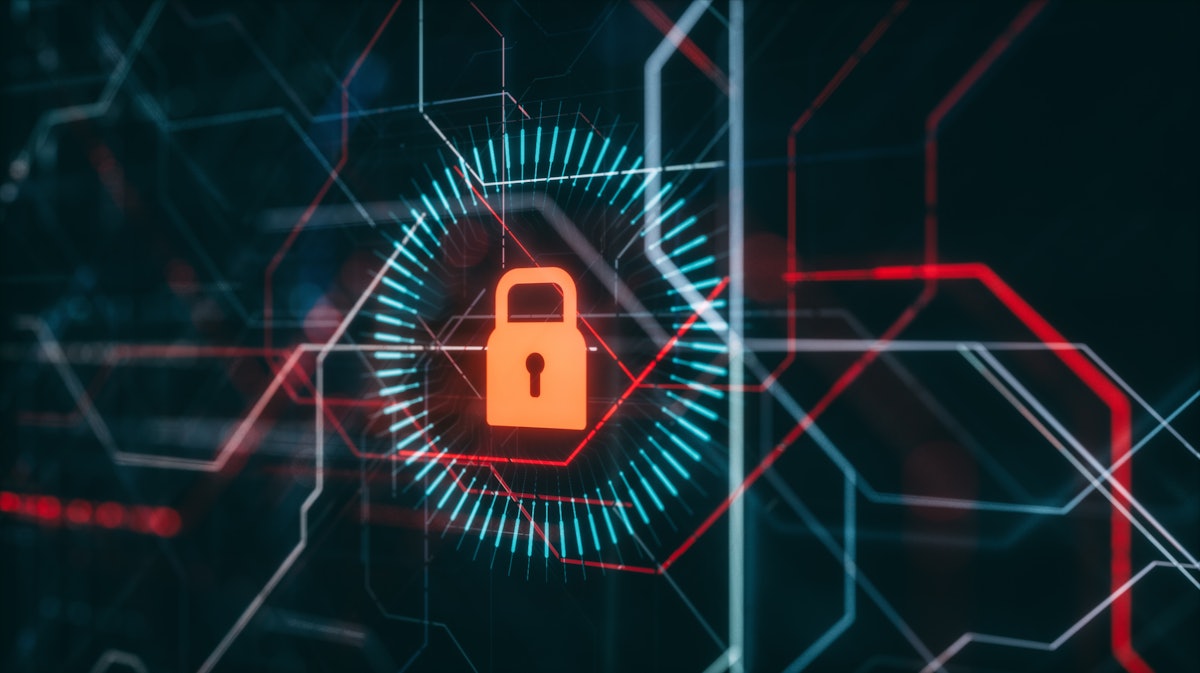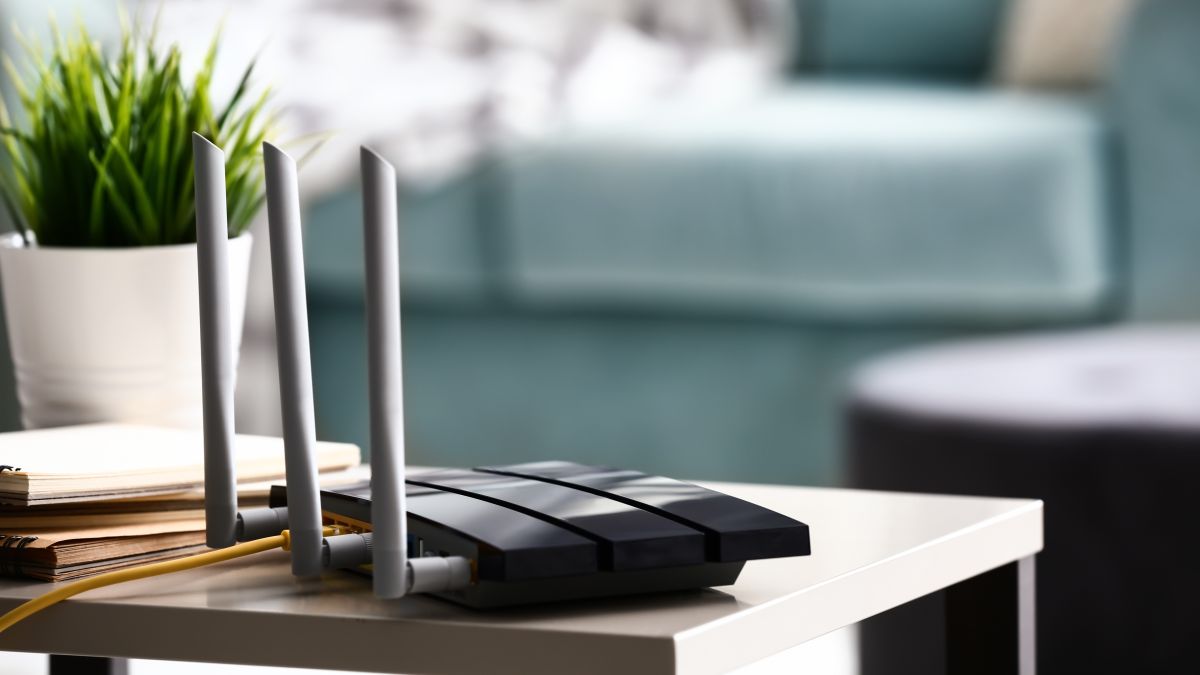Balochistan: Internet services restricted for security reasons
Jan Achakzai, the caretaker information minister, declared the decision, citing the potential threat of terrorist activities during the polling process.
Taking to X, Jan Achakzair stated that there was a risk that the terrorists might use social media platforms as a means of communication for their nefarious plans.
“Ensuring the safety and security of ordinary citizens is of utmost importance, as there is a concern that terrorists may exploit social media platforms such as Facebook, Twitter, and other similar channels for communication purposes,” he wrote in an X post.
He further stated that internet access will be restricted in the lead-up to the elections in regions including Turbat, Mach, and Chaman, the latest areas to witness a terrorist attack in the province.
The move, aimed at safeguarding citizens, comes amid a challenging security landscape, particularly with an escalation in attacks targeting political parties and their campaign gatherings, as per The News International
However, the intermittent network outages have posed challenges for independent candidates, like lawyer Jibran Nasir in Karachi, who heavily rely on social media for outreach due to budget constraints.
According to The News International, Jibran Nasir, expressing concerns over the government’s actions, deems the shutdowns as setting a “dangerous precedent” and violating constitutional rights, particularly freedom of expression.
With less than a week until the polls, security measures have intensified nationwide to ensure a conducive environment for the electoral process.
Despite the security measures, Chief Election Commissioner Sikandar Sultan Raja has assured the public of an uninterrupted polling day experience, ruling out the possibility of communication and internet service disruptions.
However, the situation differs in Sindh, where caretaker Information Minister Ahmed Shah stated that no decision has been made regarding the suspension of internet…




